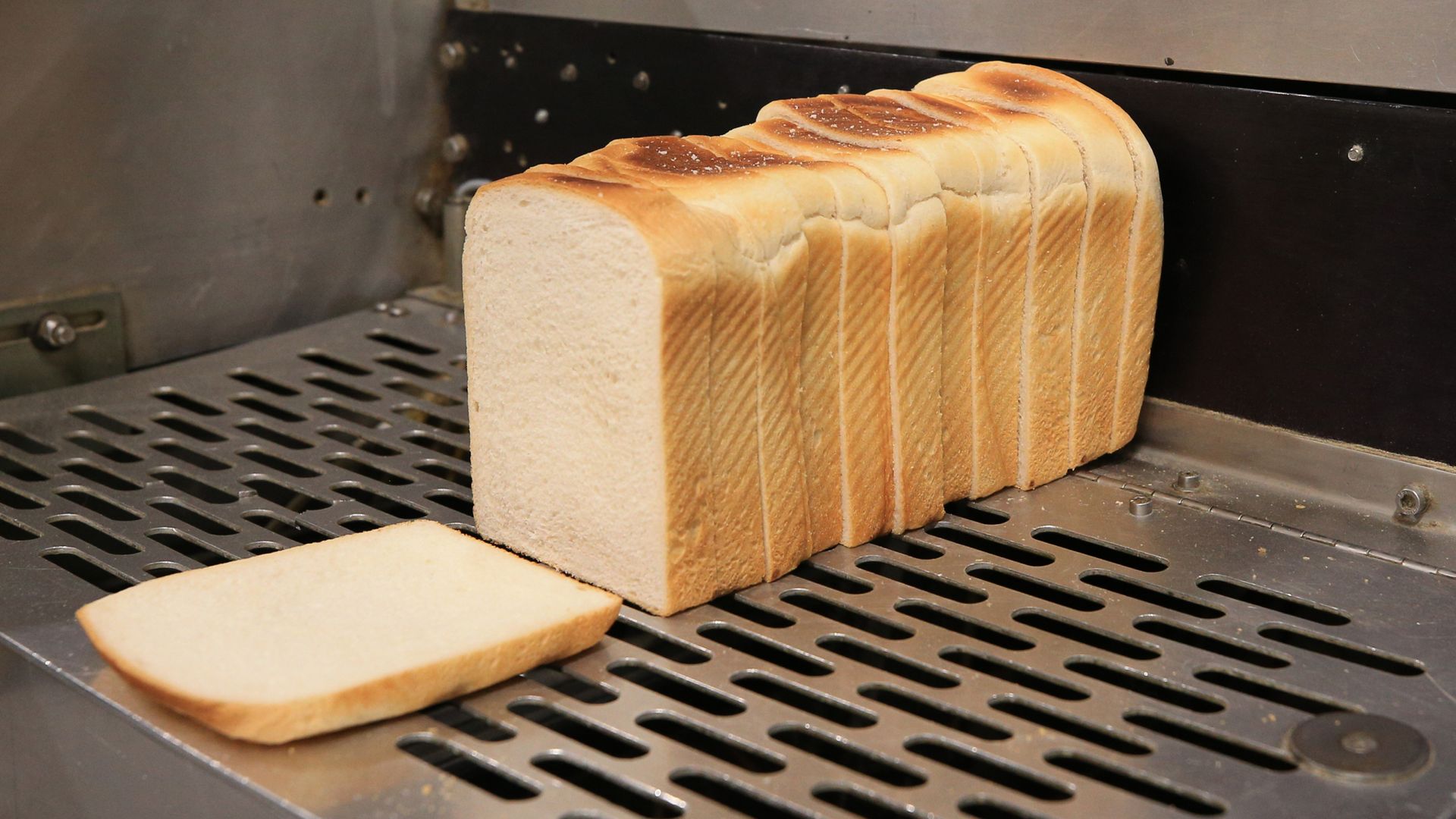The cost of bread, biscuits and beer could increase this year due to the impact of the unusually wet autumn and winter on UK harvests.
Research suggests that production of wheat, oats, barley and oilseed rape could drop by four million tonnes (17.5%) compared with 2023.
The wet weather has resulted in lower levels of planting, while flooding and storms over winter caused farmers more losses.
The predictions come just as the rate of price increases on many food items begins to slow as inflation falls.
Money latest: ‘Fundamental change to UK food supply’ as new Brexit rules begin
The Energy and Climate Intelligence Unit (ECIU) analysed forecasts from the Agriculture and Horticulture Development Board (AHBD) and government yield data.
It found a “real risk” of beer, biscuits and bread becoming more expensive if the poor harvest increases costs for producers, according to its lead analyst Tom Lancaster.
Beer prices could be affected because the wet weather is still disrupting the planting of spring crops such as barley, the ECIU said.
And potatoes might also see a price hike in the coming months, with growers warning of a major shortage in the autumn due to persistent wet weather.
Planting of this year’s potato crop has been delayed across much of northern Europe.
“It’s had a massive impact on us,” said Lincolnshire farmer Colin Chappell.
“We went through the winter with virtually nothing viable drilled, and while it’s now dry enough to plant some fields some of them are so bad I don’t think they’ll get drilled this year. The situation is very hit and miss.”
The National Farmers’ Union (NFU) said recently that extreme weather was one of the biggest dangers to UK food security.
Warmer and wetter winters similar are predicted to become more common as the climate warms.
Drop in production could be more than five million tonnes
The total drop in production could even be more than five million tonnes (21.2%) when compared with the average harvest for 2015-2023.
Wheat production could be particularly hard hit, according to the research, with an estimated fall of 26.5% compared with last year.
It’s because the milling wheat used for bread has higher quality requirements that will be harder for farmers to achieve with wet weather.
The owner of Kingsmill and Ryvita, Associated British Foods, warned last week of potential price hikes if the cost of grains in the UK aren’t offset by bigger harvests abroad.
Keep up with all the latest news from the UK and around the world by following Sky News
Read more from Sky News:
Warmer weather on the way – with parts of Britain to get 20C
Cat found after being accidentally mailed in Amazon box
The ECIU’s Tom Lancaster said the government’s green farming schemes are vital in “helping farmers to invest in their soils to allow them to recover faster from both floods and droughts”.
With half of food coming from abroad, he said foreign farmers would also need support.
“Moving faster to net zero emissions is the only guaranteed way to limit these impacts and maintain our food security,” he added.
Be the first to get Breaking News
Install the Sky News app for free
William Kendall, the farmer behind Green & Blacks chocolate, said “regenerative farming methods” were also important as they “greatly enhance the soil’s capacity to hold water and therefore prevent saturation”.
“Not only does this mean better crops, produced at a lower cost for the farmer,” he said, “but it ensures that the chances of the flash flooding downstream we have seen this winter are greatly diminished”.





















